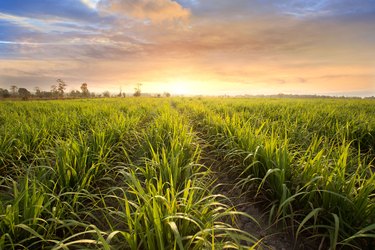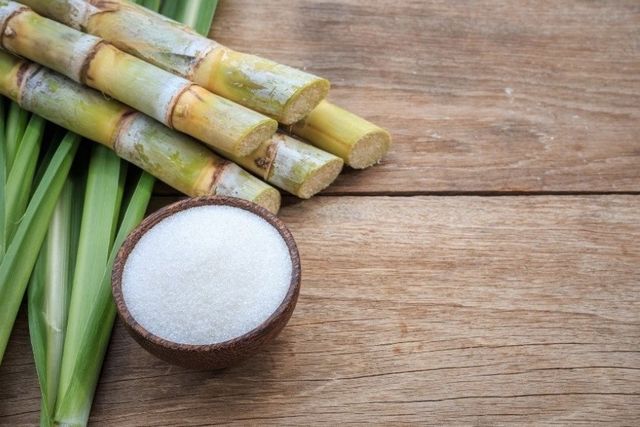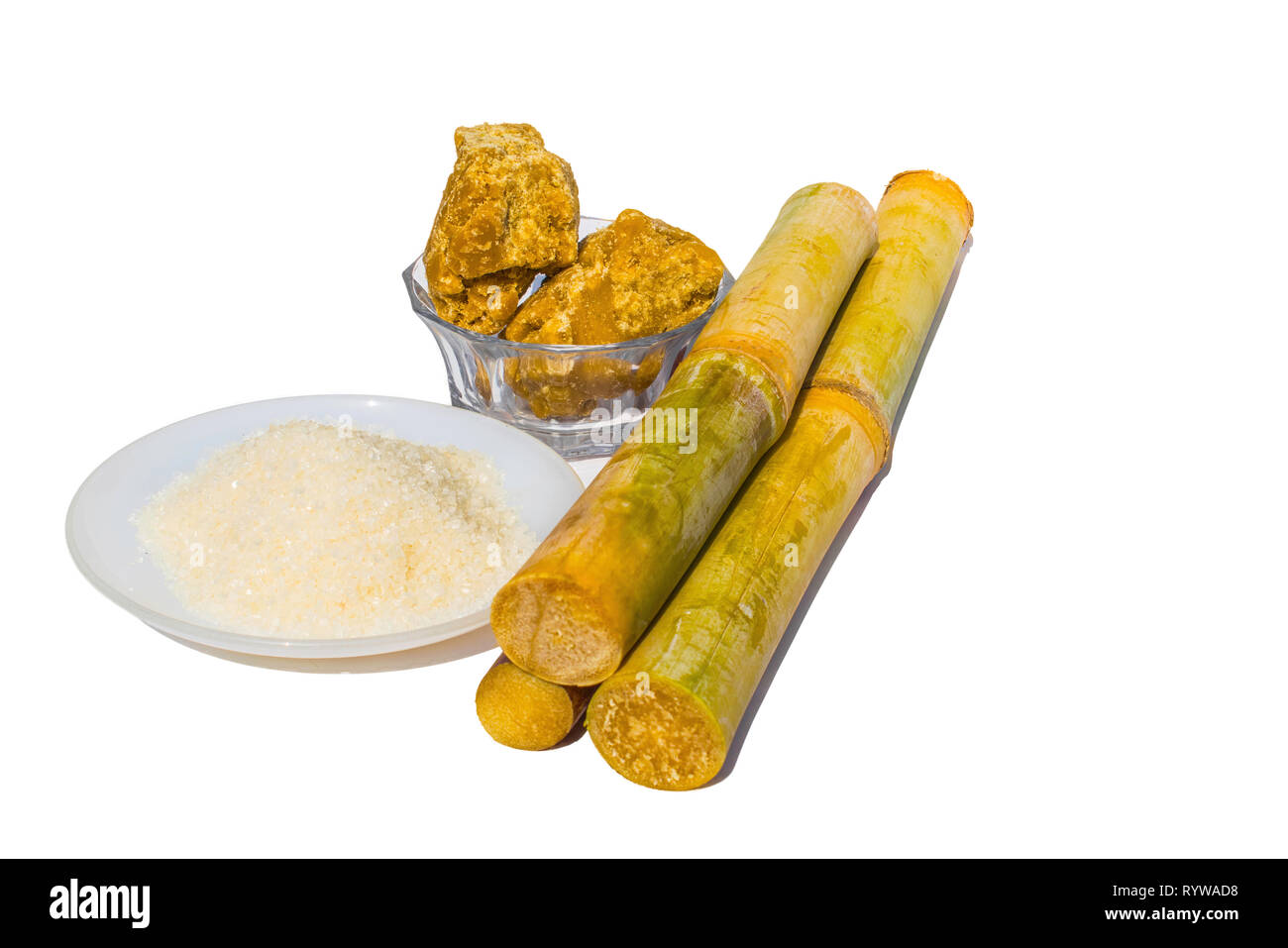How to Pick the Best Sugarcane Product for Your Lifestyle
How to Pick the Best Sugarcane Product for Your Lifestyle
Blog Article
Sustainable Sugarcane Products: From Sweeteners to Eco-Friendly Product
The possibility of lasting sugarcane products expands beyond typical sugar to encompass a variety of eco-friendly products, offering an engaging instance for their combination right into modern-day consumer techniques - sugarcane product. As the globe faces pressing environmental issues, sugarcane becomes a versatile resource capable of addressing both dietary requirements and sustainability objectives. This discussion will discover how innovations in sugarcane growing and handling can cause considerable advancements in naturally degradable packaging and eco-conscious textiles. What implications might these growths have for future customer selections and environmental impact?
Introduction of Sugarcane Sustainability
As the need for environmentally pleasant products expands, recognizing sugarcane sustainability comes to be increasingly vital. Sugarcane, a flexible plant, is cultivated largely in tropical and subtropical regions, and its sustainability is vital for both environmental health and wellness and economic viability. Sustainable sugarcane farming techniques concentrate on reducing eco-friendly effect while making best use of productivity and earnings.
Trick aspects of sugarcane sustainability include efficient land use, minimized chemical input, and boosted water management. Practices such as crop rotation, integrated parasite administration, and natural fertilizing add to dirt health and biodiversity. Furthermore, cutting-edge modern technologies, such as precision agriculture, help enhance source usage and lower waste.
Moreover, sugarcane is a renewable resource, with byproducts that can be utilized in various industries, from biofuels to biodegradable plastics, thus minimizing dependence on fossil fuels and diminishing carbon footprints. Certifications like the Bonsucro basic encourage sustainable techniques throughout the supply chain, advertising openness and responsibility.

Sugarcane-Based Sugar
Making use of sugarcane as a key source, sugarcane-based sweeteners have gained prestige as all-natural alternatives to man-made sweeteners and polished sugars (sugarcane product). These sweeteners, derived from the extraction and handling of sugarcane juice, provide a range of items that satisfy diverse consumer preferences, including natural and minimally processed options
Amongst the most noteworthy sugarcane-based sugar are raw walking stick sugar, panela, and molasses. Raw cane sugar preserves more of the all-natural flavors and nutrients located in sugarcane, making it a preferred choice for health-conscious customers. Panela, a conventional Latin American sweetener, is produced by evaporating sugarcane juice, maintaining its natural minerals and vitamins. Molasses, a result of sugar extraction, is abundant in anti-oxidants and crucial nutrients, offering as a healthy sweetening representative in different culinary applications.
The expanding demand for sugarcane-based sugar is driven by increasing understanding of wellness and sustainability issues linked with traditional sugar. By picking sugarcane-derived products, consumers not just sustain sustainable farming practices however additionally add to a healthier way of life, aligning their nutritional selections with their environmental values.
Naturally Degradable Product Packaging Solutions
Becoming a viable option to traditional plastics, eco-friendly product packaging solutions derived from sugarcane are changing the packaging industry. These innovative materials offer an eco-friendly option that deals with the growing worries over plastic contamination. Using the all-natural sugars discovered in sugarcane, manufacturers are establishing different types of eco-friendly product packaging, consisting of films, containers, and wraps that decompose much more rapidly than traditional plastics.
The primary benefits of sugarcane-based packaging depend on its sustainable sourcing and its capability to break down into safe results. Unlike fossil fuel-derived plastics, which can continue the environment for centuries, sugarcane product packaging commonly decays within a couple of months under appropriate problems. This decrease in waste not only mitigates land fill overflow but likewise lowers the carbon footprint connected with product packaging products.
Furthermore, sugarcane-derived packaging keeps robust performance features, using similar toughness and performance to standard choices. As businesses and customers significantly focus on sustainability, the adoption of biodegradable product packaging options represents a substantial step towards a round economic situation, where materials are recycled and regenerated instead of disposed of. This change not only boosts brand photo but additionally adds to a much more sustainable future for the world.
Eco-Friendly Textiles and Fabrics
Environmentally friendly fabrics and fabrics are obtaining traction in the style and home items sectors as consumers increasingly demand sustainable choices to typical products. Amongst the significant alternatives are fabrics stemmed from sugarcane, which provide an eco responsible option to artificial fibers. These textiles are generated through a process that uses the renewable resources discovered in sugarcane, considerably decreasing dependence on petroleum-based products.

Brand names are significantly integrating environmentally friendly fabrics right into their product, showing a more comprehensive dedication to sustainability. This shift is not just a trend but a required development in action to ecological problems. As the market for sustainable textiles expands, consumers can anticipate innovative designs that integrate style with environmental obligation. Eventually, environment-friendly fabrics and materials represent a significant step towards reducing the garment industry's ecological impact while dealing with the expanding demand for responsible consumer selections.
Developments in Sustainable Farming
Changing farming practices, technologies in sustainable farming are changing the way crops are expanded and handled. These advancements concentrate on minimizing environmental influence while making best use of effectiveness and productivity. Strategies such as precision agriculture use data analytics like this and satellite images to optimize source usage, making sure that water, fertilizers, and chemicals are applied just where required. This targeted technique not just decreases visit the site waste however also improves plant yields.

Additionally, agroecology, which incorporates ecological concepts into farming, promotes biodiversity and dirt wellness. Practices such as plant rotation, cover cropping, and intercropping foster resilient ecosystems that can stand up to parasites and environment variants - sugarcane product. Additionally, the use of organic plant foods and biopesticides contributes to healthier soils and communities

Together, these innovations are not just improving the farming landscape yet additionally adding to a much more sustainable future for sugarcane and various other plants, lining up farming methods with environmental stewardship.
Conclusion
Lasting sugarcane items represent a significant innovation in green alternatives, extending from all-natural sweeteners to biodegradable items. The growing of sugarcane through lasting techniques not just improves environmental wellness however also adds to economic practicality. As consumer choices progressively lean towards lasting options, the convenience of sugarcane as a renewable energy becomes significantly appropriate. This trajectory underscores the value of continued advancement and commitment to lasting methods within the sugarcane industry, promoting a more lasting future.
The possibility of lasting sugarcane products prolongs past traditional sweeteners to include a variety of eco-friendly items, presenting a compelling situation for their assimilation into contemporary customer practices. Sustainable sugarcane farming methods focus on decreasing ecological effect while taking full advantage of efficiency and success.
Lasting sugarcane products stand for a significant advancement in green options, extending from all-natural sweeteners to eco-friendly products. The farming of sugarcane via sustainable practices not only boosts ecological health and wellness however also contributes to economic feasibility. As consumer preferences progressively lean in the direction of lasting choices, the convenience of sugarcane as a renewable source ends up being increasingly appropriate.
Report this page